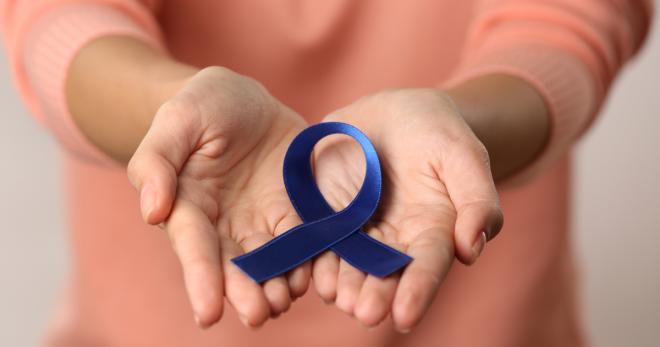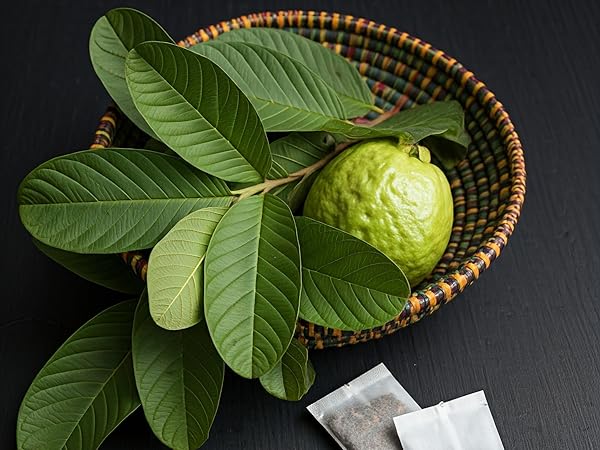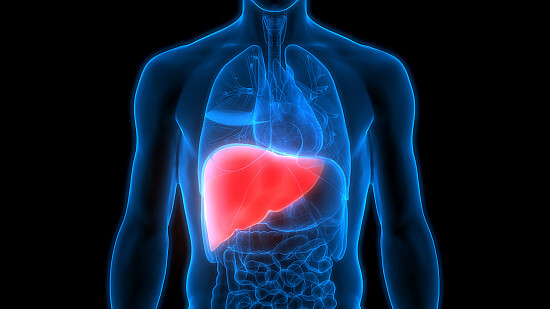Warning signs & symptoms of 'Colorectal Cancer' not to be ignored
Tue 10 Mar 2020, 21:06:30

Colon cancer is one of the most common cancers worldwide. Overall, colon cancer is the third most common cause of cancer related mortality. Though worldwide colorectal cancer incidence is decreasing but incidence rate of colon cancer is increasing in young adults. Many people with colon cancer may not have symptoms in the early stages of the disease. Symptoms appear, depending on the cancer’s size and location in the large intestine. As the lumen of the colon is significantly wide, it may take long to cause obstructive symptoms.
Symptoms in the body:
Colon cancer begins in the large intestine (colon) which is the final part of the digestive tract. Colon cancer normally affects older adults, although it can happen at any age. It usually begins as small, noncancerous (benign) polyps which forms on the inside of the colon, which over time can progress to colon cancer. Polyps may be small which may produce few symptoms or no symptoms. This is why doctors recommend regular screening tests to help prevent colon cancer by identifying and removing polyps before they turn into cancer.
Signs:
Most of the time colon cancer is diagnosed in an advanced stage due to ignorance of patients or misinterpretation of signs and symptoms by general practitioners. If any person has any of the following symptoms, these can be a danger sign of colon cancer.
1.A recent, persistent change in your bowel habits, including diarrhea or constipation or a change in the consistency of your stools
2.Blood in the stools (hematochezia)
3.Passage of Black colored stools(malena)
4.Continuous discomfort in abdomen, such as cramps, gas or
pain
pain
5.A feeling incomplete evacuation after passing stools
6.Weakness or fatigue
7.Unexplained weight loss
8.Distension of abdomen due to intestinal obstruction
If you notice any persistent symptoms, then you should take advice of some qualified cancer specialist.
Like any other cancer, colon cancer begins when healthy cells in the colon develop changes or mutations in their DNA. Healthy cells grow and divide in an orderly way to keep your body functioning normally but can become cancerous when their DNA is damaged, and they can continue to divide even when new cells aren’t needed. As the cells accumulate, they form a tumor.
There are few known risk factors like older age (Over 50), African American race, a personal history of colorectal cancer or polyps. Inflammatory bowel disease, Inherited syndromes that increase colon cancer risk family history of colon cancer.
Other risk factors are a Low-fibre diet, high-fat diet, A sedentary lifestyle, Diabetes, Obesity, Smoking, Alcohol and Radiation therapy for cancer.
It is recommended that people with an average risk of colon cancer consider colon cancer screening at around age 50. But in the case of those who have an increased risk like those with a family history of colon cancer, should consider getting their screening sooner.
Following few healthy lifestyle practices can decrease future risk of colon cancer like:
1.Eat different types of fruits, vegetables and whole grains
2.If you drink alcohol, take in moderation, stop smoking.
3.Regular exercise minimum 30 min a day and try to maintain a healthy weight.
No Comments For This Post, Be first to write a Comment.
Most viewed from Health
AIMIM News
Latest Urdu News
Most Viewed
May 26, 2020
Do you think Canada-India relations will improve under New PM Mark Carney?
Latest Videos View All
Like Us
Home
About Us
Advertise With Us
All Polls
Epaper Archives
Privacy Policy
Contact Us
Download Etemaad App
© 2025 Etemaad Daily News, All Rights Reserved.






























